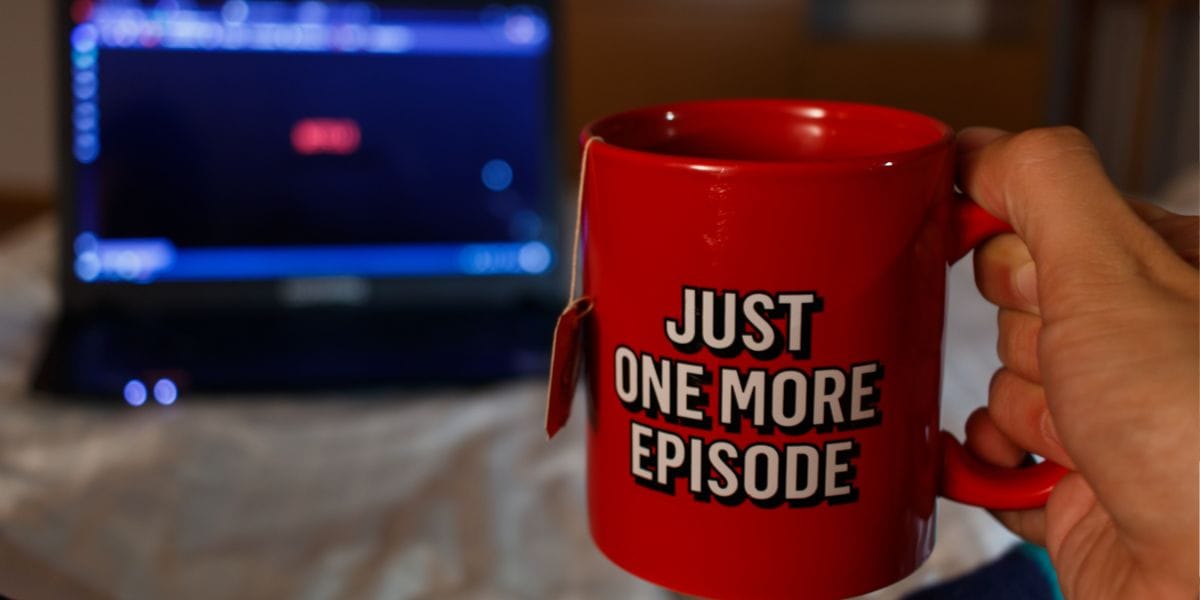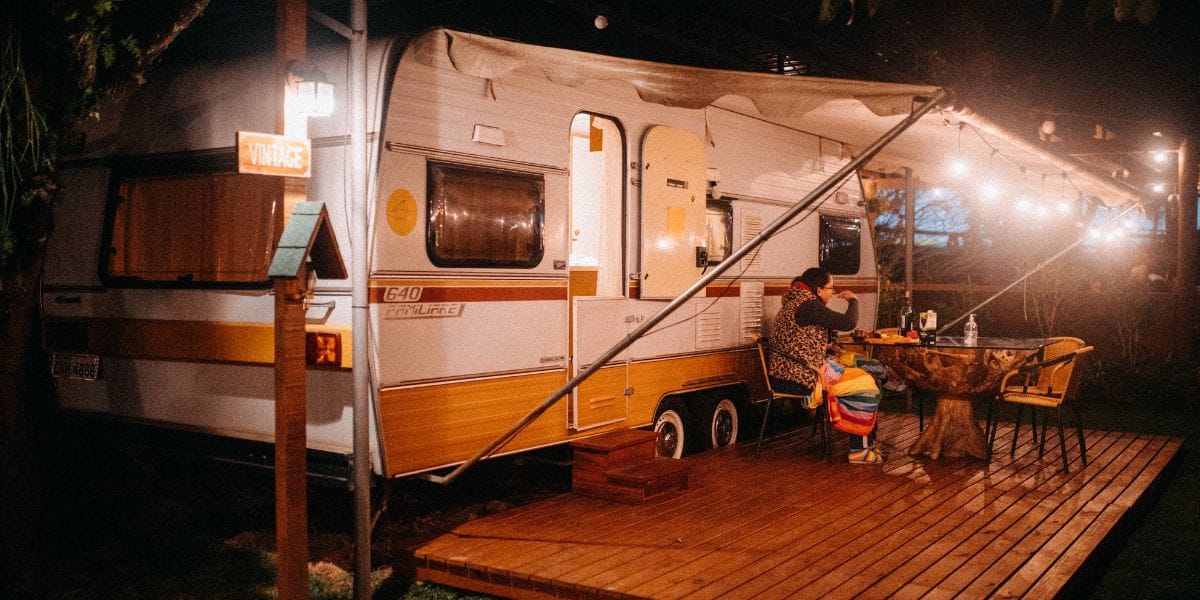There’s an easy way to prepare for the future.
Budgets, like staying hydrated and wearing sunscreen at the beach, aren't compulsory.
But pretty much everyone agrees they’re a good idea.
Having a personal budget means:
- You know how much you earn and spend, and what you spend it on
- You’re better set up to knock over your financial goals.
Your personal budget is Plan A
A personal budget generally reflects your current personal cost of living.
It’s a snapshot of everything you spend your money on, including your wants and needs.
People create budgets for what they think will happen.
But as we’ve learned in recent years, the unthinkable happens all the time.
An emergency budget is a Plan B
If you want to keep building wealth, you need a Plan B for when life takes a turn.
An emergency budget is a financial Plan B.
It's the smallest amount of money you need to live on so you don't go backwards during a worse case scenario.
Here’s how to figure out yours.
Plan A includes your wants, Plan B only includes your needs
To create an emergency budget, you need to figure out which of your spending is essential.
One way is to review three months’ worth of bank statements and categorise them as wants or needs.
Financial needs are expenses that maintain your physical, mental, and job security.
Examples include housing, food, mental health, and transport expenses.
There are likely to be severe consequences if you can't meet your financial needs.
Financial wants are expenses that make life nicer but you could live without.
These include streaming subscriptions, regular beauty appointments, new clothes, and eating out.
Financial wants and needs are different for everybody.
One person might consider their gym membership to be a 'need' because it helps them stay fit and sane. Another might see theirs as a 'want' because they hardly use it.
That’s okay.
Your emergency budget funds your personal cost of surviving
The amount of money you spend on your financial needs is your personal cost of surviving. It's your Plan B.
It's the list of expenses you must meet to survive.
If you lose your job, get injured, or have a major expense, your Plan B gives you breathing space.
It stops you panicking, so you can make good decisions.
Here's how it works in action
Let's say your personal cost of living is $2,000 per month.
You figure out that your personal cost of surviving is $1,500 per month.
Your car breaks down and you need to pay $2,000 to get it repaired.
You pay for your car, and live off your Plan B budget for four months without going backwards.
Here's another example
You lose your job but have $6,000 in savings.
You want to maintain your level of income in your new role, and not have to accept the first offer that comes along.
You live off your Plan B budget and have four months to find a comparable role.
Remember, unprecedented times happen all the time
I’m not sure about you, but I never imagined I’d live through a global pandemic. It turns out, unprecedented events happen all the time.
Creating an emergency budget means you're prepared for when things go wrong. It gives you motivation to save and invest for those times, too.



